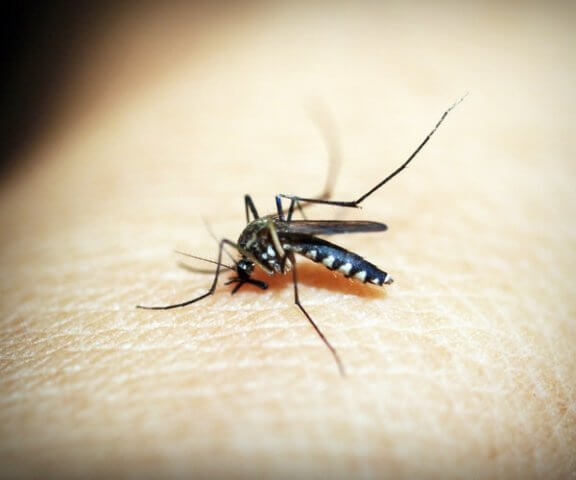
Of all the possible pests that could infest your home, termites are considered the worst. Although they are a vital part of the ecosystem, they cannot differentiate your house from a tree, and can thus cause severe structural damage to your house.
While the process may take a while, the faster you identify a termite problem, the less damage there will be.
Termites are so persistent that even the most effective treatments aren’t permanent, so practicing prevention is important. Also, remember that when an infestation becomes visible, this only presents a portion of the entire problem.
It’s a good thing that there are professionals who can take care of identifying the presence of termites and determining the best course of action to take.
After a professional inspection and evaluation have been completed, you will most likely be provided with some great pest control options for your particular situation. These include pesticide barriers, baits, and dusting.
1. Pesticide Barrier
The traditional way of controlling termites is through a pesticide barrier. This includes the application of a liquid pesticide to the soil around and beneath the structure. This way, all possible entry routes of the termites will be blocked. Termites that will attempt to penetrate this treated soil will either be repelled or killed.
Melbourne-based pest control service providers make use of different insecticides for termite soil treatments. All are effective and safe when used following the label directions. The effectiveness of these chemicals can last for five to 10 years.
Be reminded, though, that the chemical and physical nature of the soil around your home can have a huge impact on the effectiveness of the stability of the chemical used with respect to time.
Organic matter content, soil clay content, and pH can all influence the rate breakdown of the pesticide in the soil. Thus, it is crucial for pest control experts to evaluate your soil first before implementing this treatment.
2. Termite Baits
Termite baits refer to the utilization of acceptable termite food like paper and cardboard to attract termites. Oftentimes, a slow-acting substance is added to ensure the death of these pests.
Experts recommend the use of slow-acting baits to prevent sick or dead termites from accumulating in the bait stations as this will cause other termites to avoid the area. Also, delayed-action baits offer a better chance for other termites to come in contact with the lethal agents.
The bait station can be placed in areas where termites are active or below the ground in your yard. If you opt for below-ground stations, baits can only be set up after you notice visible termite activity from the untreated wood you first installed.
While you can opt for baits as a stand-alone termite treatment, this can also be integrated with barrier treatments. Combining barrier treatment with a baiting system will significantly reduce the amount of pesticide to be used.
3. Termite Dusting
Termite dusting is a method that involves the use of dust toxicants being blown through infested termite areas. The dust will then stick to the termites, along with the timber they’re feeding on. Any termite that comes in contact with the dust will be killed, either by picking it up directly or from contaminated nest mates and treated surfaces.
This remedial termite treatment option is considered effective in eliminating active termites from the structure. Due to the fact that the dust can be transferred from one termite to another, it is possible for it to reach the entire colony, including the queen. Therefore, the nest will be eliminated.
But dusting shouldn’t be used as the sole means to exterminate termites, especially in Melbourne, because of the subtle and discrete nature of the termite attacks in most areas. Dusting is highly effective during the warmer months when a large number of termites can easily be coated with dust. Generally, pest control experts use this termite treatment as the first step to reducing termite activity in homes.
These three remedial termite treatments are used primarily to eliminate active termites in your home. It means that future attacks on your property may not be completely prevented.
Unless the colony attacking your home is killed entirely and other colonies in the area are repelled, termites will attack again sooner or later. To get long-lasting termite protection, let pest control experts install a termite management system around your home.

